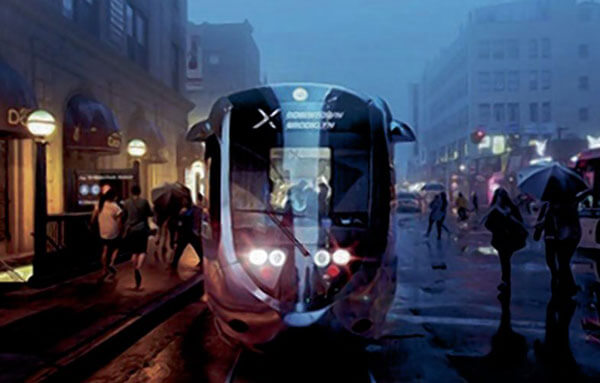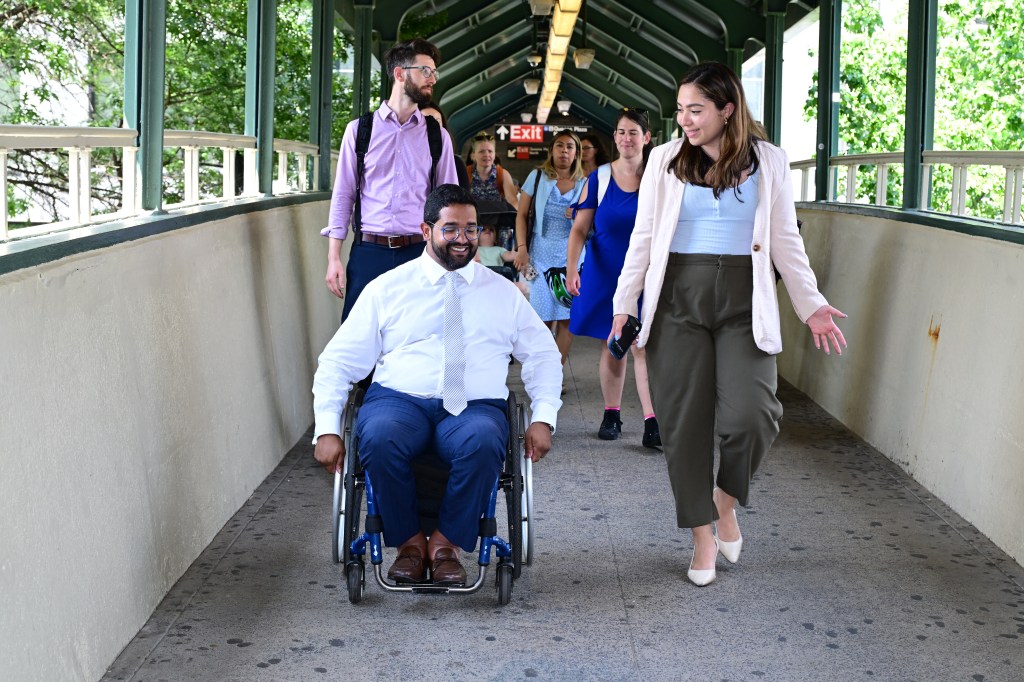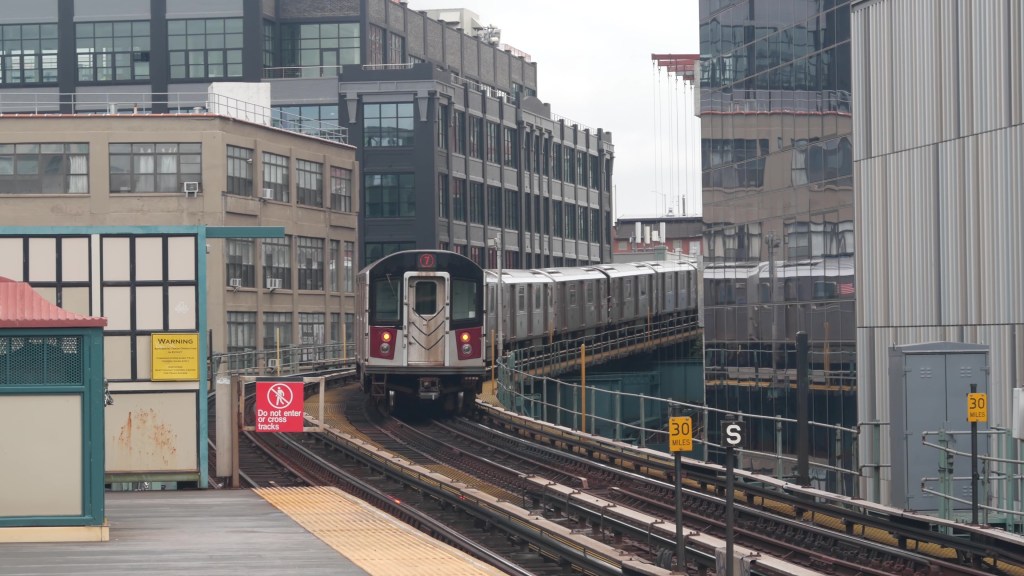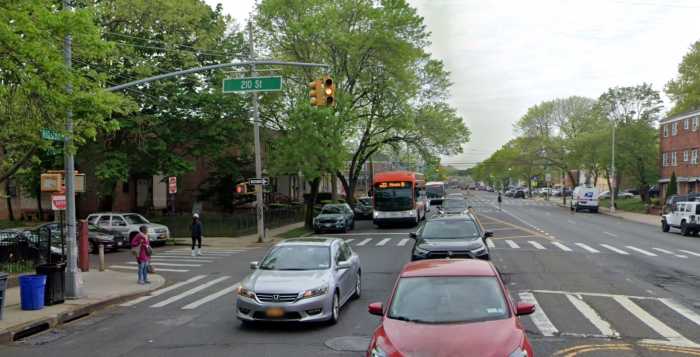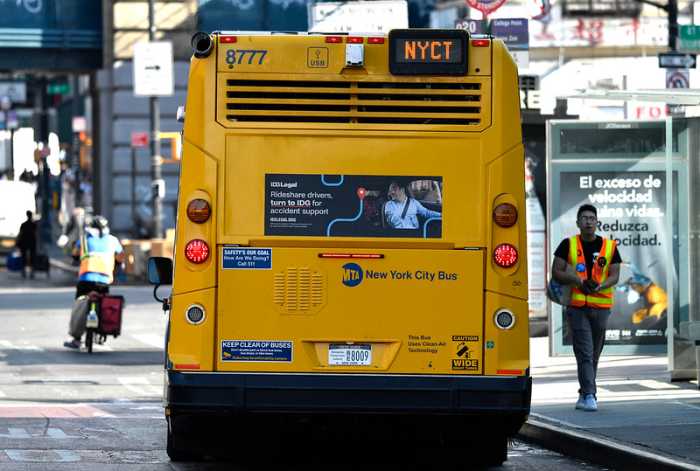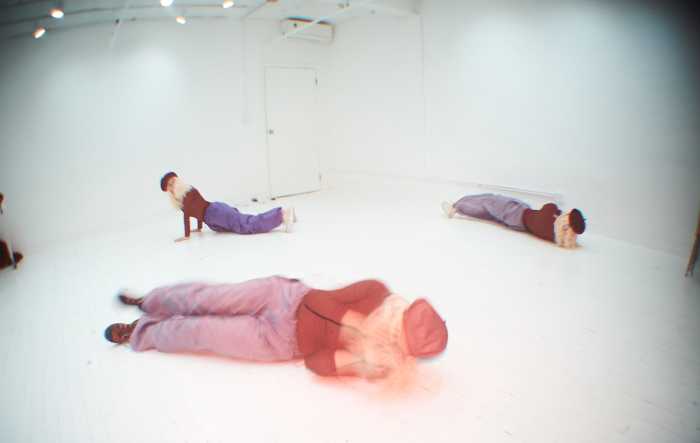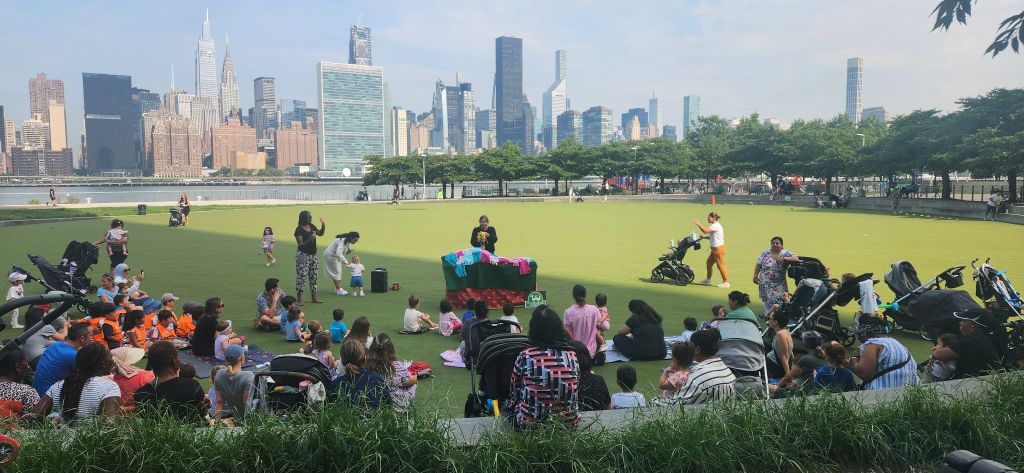By Bill Parry
When three NYCHA resident associations endorsed Mayor Bill de Blasio’s proposed $2.5 billion Brooklyn Queens Connector streetcar project Monday, it raised some eyebrows among members of the growing anti-gentrification movement in western Queens, who see the BQX as an expensive boondoggle for luxury real estate developers with properties along the waterfront.
Claudia Coger, the president of the Astoria Houses Residents Association, and colleagues April Simpson-Day at Queensbridge and Carol Wilkins at Ravenswood backed the controversial plan and joined the board of directors of the Friends of the BQX, a non-profit created to support the 16-mile line along the waterfront from Astoria to Sunset Park, Brooklyn.
“We each have our own views, but for me it’s most certainly about connection,” Coger said. “Many of us in public housing in northwest Queens need to get to downtown Brooklyn because that’s where the city has moved all the offices for public assistance, Social Security and pensions for our retirees. The lack of sufficient transportation, especially for us out here on Hallets Peninsula where we live, it’s a great need.”
Coger, 81, raised seven children during her 57 years living at the Astoria Houses. For 25 years she was an assistant train dispatcher with the New York City Transit Authority before retiring in 1993.
“I get a free transportation pass as part of my retirement benefits, but it means I have to go to downtown Brooklyn every time I need to renew it,” she said. “To get there you have to go through Manhattan and it can take much more than an hour each way. With the streetcar it’s a shortcut in comfort with great views. I don’t like the underground.”
The three resident association presidents join a growing list of groups from Queens that have endorsed the project and taking seats on the organization’s board of directors, such as the Long Island City Partnership, the Queens Chamber of Commerce, JetBlue and the Coalition for Queens.
“These leaders know first-hand the challenges a community cut-off from reliable transit faces, where it’s difficult to get to jobs, school, medical appointments, or frankly anywhere to want to go,” Friends of the BQX Executive Director Ya-Ting Liu said. “I look forward to working with the new board members to ensure that all New Yorkers have a voice in bringing better transit to our city.”
Transit advocate Melissa Orlando, the founder of 7 Train Blues and Queens Access, helped organize the Jobs Homes Hoods public meetings in Sunnyside and Woodside, where leaders of the anti-gentrification spoke against the project to large crowds this summer.
“I find it interesting that they would endorse the BQX, although I can see some benefits for NYCHA residents,” Orlando said. “Just the funding issue alone. They say they’ll push up real estate prices along the corridor and that’s not good for any of us with all of the concerns about gentrification along the waterfront that will lead to displacement of low- and working-class residents and the mom-and-pops and many other small businesses.”
Coger said that was considered by all three women before they endorsed the project and joined the board of the Friends of the BQX.
“You can’t close your mind to the fact that these things can happen, but in the future there is going to be change. You can see the spread of development in every corner of the city,” Coger said. “We don’t know where it is all heading. But you have to take it one day at a time and you have to stay on top of it.”
Reach reporter Bill Parry by e-mail at bparr

